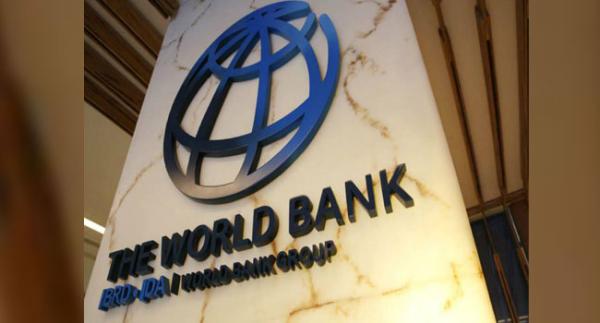
The World Bank said it has disbursed a total of $45.5m to the National Identity Management Commission (NIMC) under the Digital Identification for Development (ID4D) project.
According to the ‘Nigeria Digital Identification for Development Project’ report published by the bank on its website, the project is aimed at enrolling more Nigerians for the National Identification Number (NIN).
According to the apex bank, Nigeria was able to secure the funding with the passing into law of the Nigerian Protection Act in June last year.
The fund was disbursed in multiple tranches between December 2021 and April 2024 and disbursement is still ongoing.
The $45m so far released represents about 10.5 per cent of the total project’s cost, which is put at $430m.
While the June 1, 2024 deadline set for the enrollment of 148 million Nigerians for the NIN has passed and Nigeria is still lagging, the Bank described the progress of the project so far as ‘moderately satisfactory’. NIMC recently disclosed that 107.3 million NIN had been issued as of April this year.
The release of funds for the project which comprises a combination of loans and grants, was predicated on the institutionalisation of data protection.
The development comes on the hills of a recent warning by the NIMC to Nigerians, against the activities of some unauthorised websites harvesting people’s data
The websites are idfinder.com.ng, Verify.ng, championtech.com.ng, trustyonline.com, and anyverify.com.
On June 20, Paradigm Initiative, a pan-African social enterprise, raised alarm over its discovery of the sale of NINs, bank verification numbers (BVNs), and other personal data of Nigerians on a website for as low as N100.
According to the organisation, a website known as ‘AnyVerify.com.ng’ was discovered to be involved in the commercial distribution of personal and private data of Nigerians.
Paradigm Initiative added that several unauthorised websites are claiming to hold and provide access to sensitive personal and financial data of Nigerian citizens “for as little as 100 Naira”.
“This alarming development presents a major breach of the fundamental rights to privacy, a breach of data privacy rights, and poses significant risks to individuals and the national economy,” the firm said.
Reacting to the report, the commission said AnyVerify.com.ng and other aforementioned websites, are data harvesters and unauthorised to access or manage sensitive data.
The agency also denied the exposure of sensitive data of Nigerians “as alleged and reported”.
“The commission, at this moment, assures the public that the data of Nigerians has not been compromised, and the Commission have not authorised any website or entity to sell or misuse the National Identification Number (NIN) amongst all the identities stated in the report,” NIMC said.
“NIMC urges the public to disregard any claims or services these websites offer and should not give their data as they are potentially fraudulent and data provided by the public on such websites are gathered and stored to build the data services they illegally provide.
“Consequently, the public should know that the commission has taken robust measures to safeguard the nation’s database from cyber threats- a secure, world-class, full-proof database is in place.
“The commission’s infrastructure meets the stringent ISO 27001:2013 information security management system standard, with annual recertification and strict compliance with the Nigerian Data Protection Law.”
NIMC also advised Nigerians to avoid giving their data to unauthorised and phishing sites, stressing that licensed partners or vendors are not authorised to scan or store NIN slips but to verify them through approved channels.
“This poses the danger of data harvesting and comprises individual data,” the commission added.
“The Commission reaffirms its commitment to upholding ethical standards in data protection in line with federal government directives and data privacy regulations.”





















